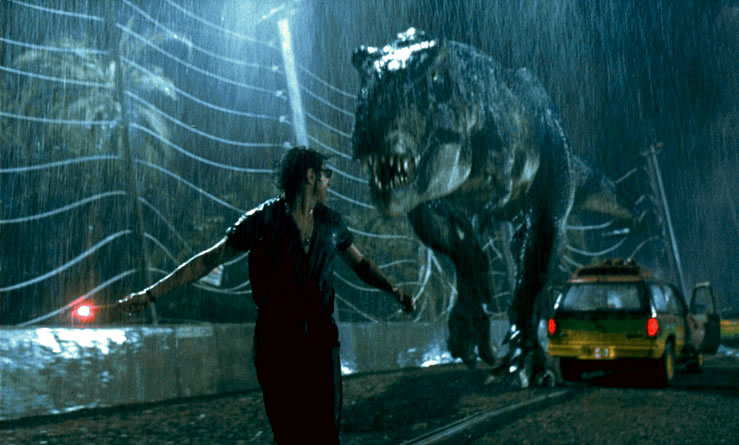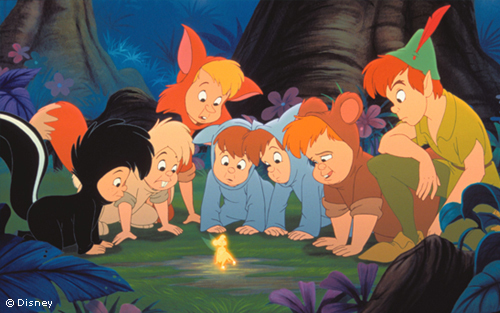This is not a blog about celebrities; it is a blog about how we treat our children.
For some reason, though, we seem to have crossed a threshold in the last hundred years that is pushing kids over the edge to the point of madness. More and more often we see children who, by the good grace of their parents, have been either coaxed or forced into acting or singing, break under the pressures of a world for which they are not prepared. People gall at the depiction of Hunger Games teens fighting for their own lives, but do we not allow similar emotional trauma to those even younger every day in show business?
This blog is not meant to condemn, but merely to educate and, hopefully to find a better way.
First Wave- Baby Boomers
When I think of trailblazing child stars, there are two names that come which mind which perfectly demonstrate the vastly divergent paths a child actor's life can take.
 Shirley Temple
Shirley TempleBorn in 1928 (not a BB, I know), this talented young lady was in her first film at the tender age of 4. Despite a flourishing childhood career and a fair number of popular movies late into her adolescence, Shirley got out of the game before she was 20 and went on to be an American ambassador to Ghana and Czechoslovakia.
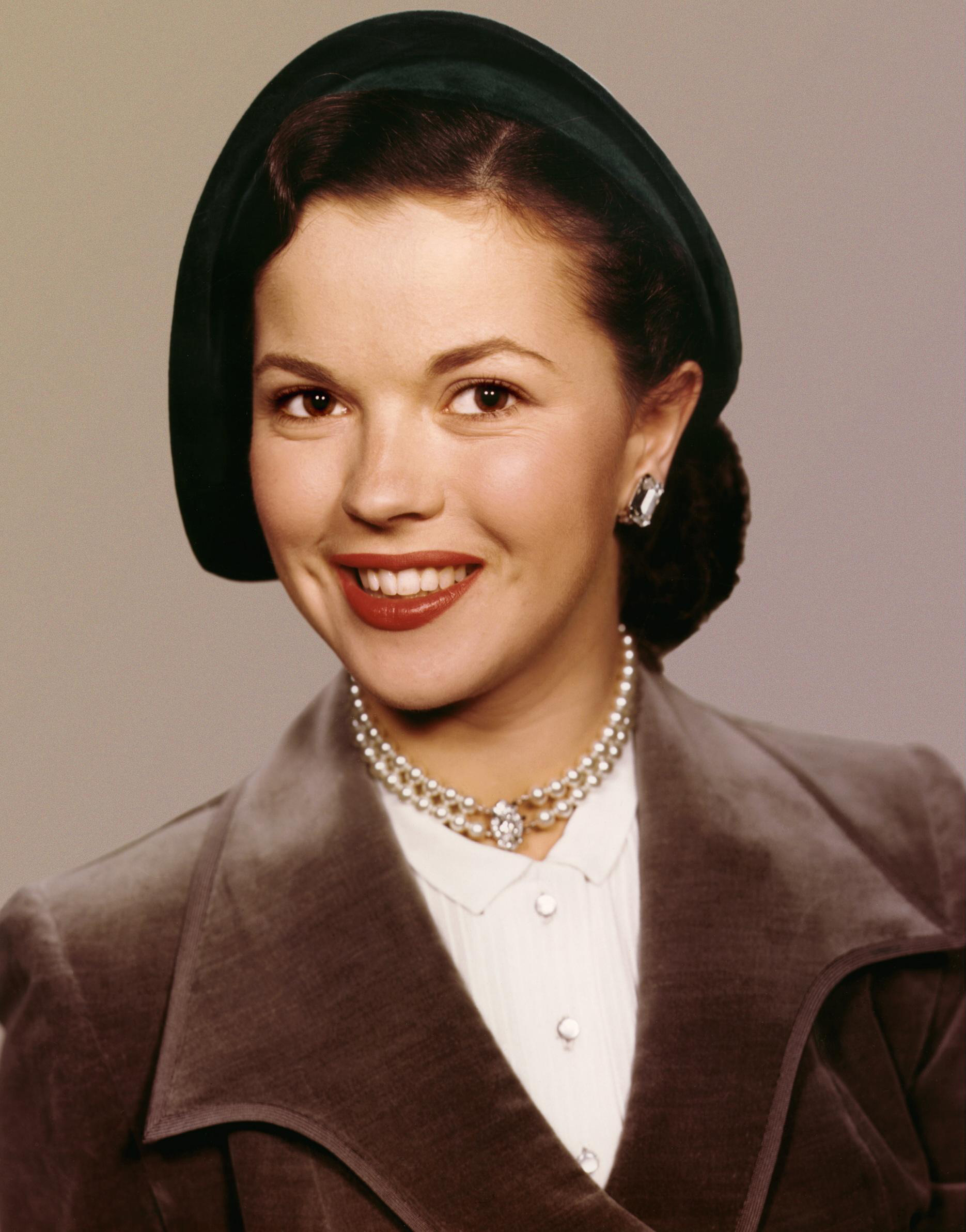
Judy Garland
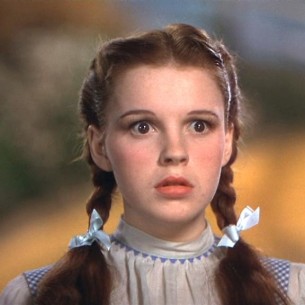 Garland, on the other hand was one of the most tragic outcomes of all child stars. Born in 1922, her first acting credit came when was 8, but her career didn't really take off until her portrayal of Dorothy in Wizard of Oz, filmed when Garland was just 16. She had a turbulent home life to say the least with a domineering mother who began collecting on Judy's talent very early on. To make matter worse, movie producers would often encourage her to self-medicate with prescription or otherwise drugs in order to keep her on-point during shoots and to maintain her physique. The following 20 years, despite a few successes in the box office, were marred by substance abuse, extramarital affairs and, eventually, suicide attempts. Garland died in 1969 as a result of an overdose on the same sort of drugs that she had been given by producers as a child.
Garland, on the other hand was one of the most tragic outcomes of all child stars. Born in 1922, her first acting credit came when was 8, but her career didn't really take off until her portrayal of Dorothy in Wizard of Oz, filmed when Garland was just 16. She had a turbulent home life to say the least with a domineering mother who began collecting on Judy's talent very early on. To make matter worse, movie producers would often encourage her to self-medicate with prescription or otherwise drugs in order to keep her on-point during shoots and to maintain her physique. The following 20 years, despite a few successes in the box office, were marred by substance abuse, extramarital affairs and, eventually, suicide attempts. Garland died in 1969 as a result of an overdose on the same sort of drugs that she had been given by producers as a child.Second Wave- Exploitation
Michael Jackson
 Few stars have ever or will ever achieve such explosive, pervading fame as the most famous and well-loved Jackson child, making his back story somewhat better known than most. Michael was born in 1958 and began performing, at the orders of his parents, together with his brothers at the age of 6. In interviews later in life, Michael admitted to having undergone severe abuse at the hands of his father, the results of which would echo mercilessly through the rest of Michael's troubled life. Despite championing several foundations fighting against substance abuse, Jackson struggled with drug addiction himself, a problem at which we often turn a blind eye because it is so common among celebrities. Jackson died in 2009 after a fatal mix of prescription drugs which he took to help himself sleep.
Few stars have ever or will ever achieve such explosive, pervading fame as the most famous and well-loved Jackson child, making his back story somewhat better known than most. Michael was born in 1958 and began performing, at the orders of his parents, together with his brothers at the age of 6. In interviews later in life, Michael admitted to having undergone severe abuse at the hands of his father, the results of which would echo mercilessly through the rest of Michael's troubled life. Despite championing several foundations fighting against substance abuse, Jackson struggled with drug addiction himself, a problem at which we often turn a blind eye because it is so common among celebrities. Jackson died in 2009 after a fatal mix of prescription drugs which he took to help himself sleep.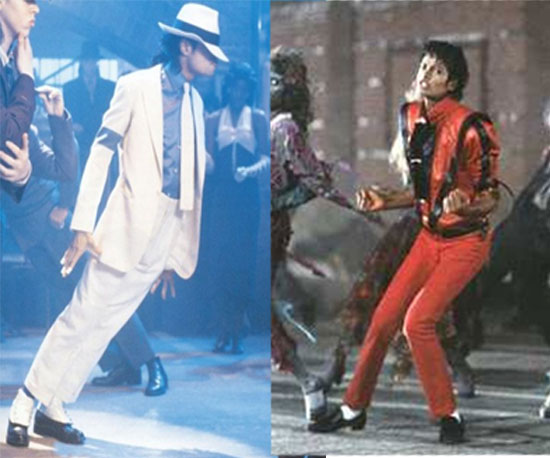 As an avid MJ fan, I have often asked myself, was it worth it? There's no doubt that as a boy Michael was prodigious and bound for greatness, but would his artistry have soared as it did without the backdrop of emotional turmoil which fueled his need to perform? Would I deny myself, and what's more, billions of listeners over the years, some of the best music that has been produced in the last several decades in exchange for the mental health of one boy?
As an avid MJ fan, I have often asked myself, was it worth it? There's no doubt that as a boy Michael was prodigious and bound for greatness, but would his artistry have soared as it did without the backdrop of emotional turmoil which fueled his need to perform? Would I deny myself, and what's more, billions of listeners over the years, some of the best music that has been produced in the last several decades in exchange for the mental health of one boy?Gary Coleman
 Star of Diff'rent Strokes fame, Gary suffered from an autoimmune kidney disease which caused his perpetually youthful appearance and provided him with near constant medical troubles. At its peak, Coleman was reeling in 100k per episode of Diff'rent Strokes, 75% of which went straight to Gary's parents, agent and legal advisers. Only after he had left the show was he able to get back some of his misappropriated money by suing his parents.
Star of Diff'rent Strokes fame, Gary suffered from an autoimmune kidney disease which caused his perpetually youthful appearance and provided him with near constant medical troubles. At its peak, Coleman was reeling in 100k per episode of Diff'rent Strokes, 75% of which went straight to Gary's parents, agent and legal advisers. Only after he had left the show was he able to get back some of his misappropriated money by suing his parents.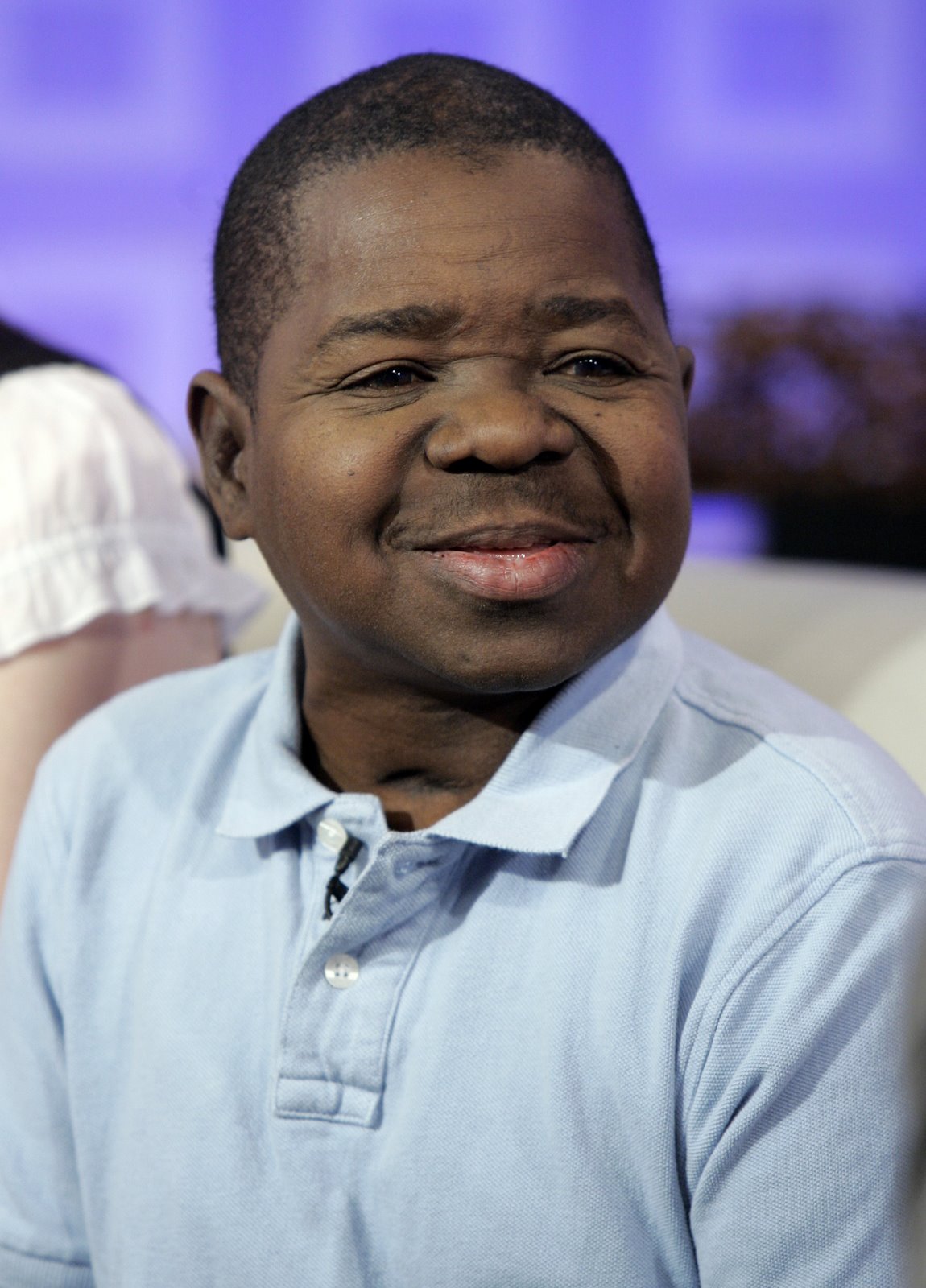
Third Wave- 90's Wild Children
Drew Barrymore
 Barrymore made it big when she was just 5 in Altered States, and 7 in E.T. as our favorite screaming little girl. Perhaps a lesser known fact for those of us who weren't reading tabloids in the mid-80's, Barrymore had a well-publicized and very troubled adolescence, smoking cigarettes at 9, drinking alcohol at 11, smoking marijuana at 12 and snorting lines at 13. At 14 was her first trip to rehab and at 14 her first suicide attempt. By the time she hit 20, however, the rebellion had more or less run its course and she began to wind down into more productive celebrity life. Barrymore was likely destined to be an unruly teen, whether she was an actress in Hollywood or a waitress in Culver City, but she, unlike some of her child star colleagues, seems to have been able to move past her rough years and settle in as a semi-responsible adult.
Barrymore made it big when she was just 5 in Altered States, and 7 in E.T. as our favorite screaming little girl. Perhaps a lesser known fact for those of us who weren't reading tabloids in the mid-80's, Barrymore had a well-publicized and very troubled adolescence, smoking cigarettes at 9, drinking alcohol at 11, smoking marijuana at 12 and snorting lines at 13. At 14 was her first trip to rehab and at 14 her first suicide attempt. By the time she hit 20, however, the rebellion had more or less run its course and she began to wind down into more productive celebrity life. Barrymore was likely destined to be an unruly teen, whether she was an actress in Hollywood or a waitress in Culver City, but she, unlike some of her child star colleagues, seems to have been able to move past her rough years and settle in as a semi-responsible adult.Mousketeers- JT, JC, Christina, Britney, Ryan and Keri
Anyone who has reminisced about child stars has unfailingly remembered this apparent goldmine of talented youngsters known as the Mickey Mouse Club. Most know that from this show came Justin Timberlake, Britney Spears and Christina Aguilara, but fewer know that Ryan Gosling, Keri Russel and JC Chasez (of N'SYNC) were also cut from the same stock. All in all, JT, JC, Ryan and Keri had pretty straightforward careers with hits and dips in popularity, but rarely a time when we questioned their sanity. Brittany and Christina on the other hand, had a blood feud in the late 90's and early aughts to see who could be more popular/dirtier/crazier. I think we can agree Brittany wins on the last count.


Who can say what the difference was between all these singers and actors? Why did some transition so naturally into adult fame while others struggled just to maintain their sanity?
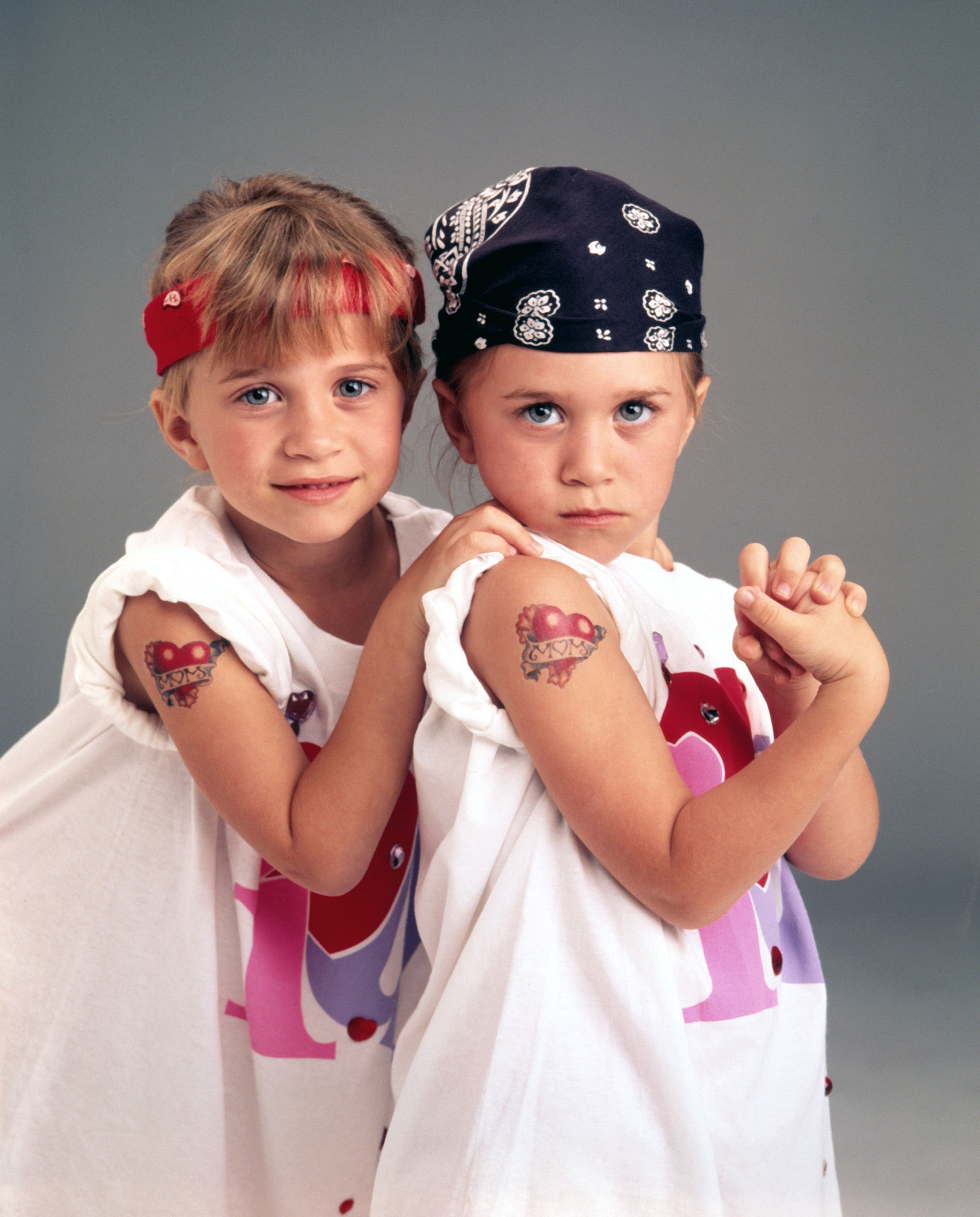 Mary-Kate and Ashley Olsen
Mary-Kate and Ashley Olsen These little bundles of joy were cast into the sitcom Full House at 9 months old. Why so young? Two reasons- 1. even at a young age, they had "the look" and 2. child labor laws wouldn't allow them to work enough hours to play a role in the show, so they needed two identical girls to play one part. The girls continued on Full House for 8 wonderful seasons while their fame grew and grew. They have had many successful endeavors since then, including countless teeny-bopper shows and their own fashion line. For some reason I was under the erroneous impression that the Olsens were knee-deep in scandal, but it turns out that Mary-Kate had a brief stint with a eating disorder and that's about all between the two of them. It seems incredible that two girls started in the biz so young could ever had a grasp of real life, but their continued net-worth and semi-successful fashion line convince me otherwise.
These little bundles of joy were cast into the sitcom Full House at 9 months old. Why so young? Two reasons- 1. even at a young age, they had "the look" and 2. child labor laws wouldn't allow them to work enough hours to play a role in the show, so they needed two identical girls to play one part. The girls continued on Full House for 8 wonderful seasons while their fame grew and grew. They have had many successful endeavors since then, including countless teeny-bopper shows and their own fashion line. For some reason I was under the erroneous impression that the Olsens were knee-deep in scandal, but it turns out that Mary-Kate had a brief stint with a eating disorder and that's about all between the two of them. It seems incredible that two girls started in the biz so young could ever had a grasp of real life, but their continued net-worth and semi-successful fashion line convince me otherwise.Macaulay Culkin
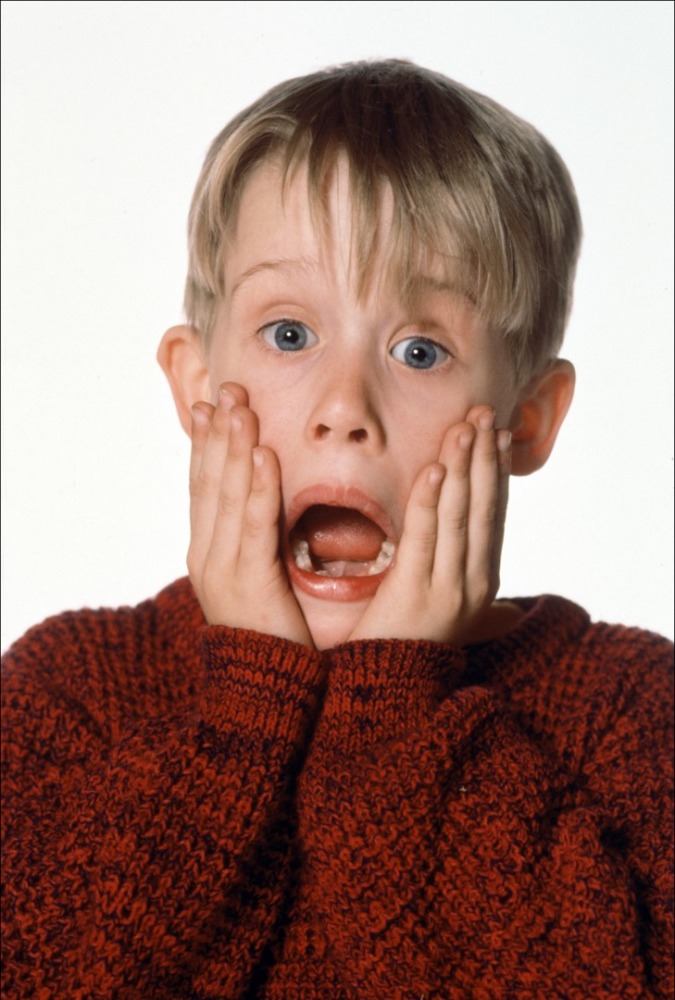 This was a kid who was made to perform. His smart-alec performances got him attention well before he was 10 starring in Home Alone. Such popularity, however, caused an estrangement between he and his father which, among other things caused Culkin to get out of the game when he was 14. Culkin has been around since then, doing projects every once in a while, but generally staying out of the limelight. Macaulay plead guilty on possession of illegal substances in 2004; call me cynical, but I consider this a result of his celebrity status, not of his child stardom.
This was a kid who was made to perform. His smart-alec performances got him attention well before he was 10 starring in Home Alone. Such popularity, however, caused an estrangement between he and his father which, among other things caused Culkin to get out of the game when he was 14. Culkin has been around since then, doing projects every once in a while, but generally staying out of the limelight. Macaulay plead guilty on possession of illegal substances in 2004; call me cynical, but I consider this a result of his celebrity status, not of his child stardom.Fourth Wave- America's Progeny
Haley Joel Osment
 HJO first made his break in 1994 as Tom Hanks' son in Forrest Gump. During the late 90's he was the go-to actor when you needed a heartfelt child monologue (or a creepy whisper) to cinch up that Oscar Nom. Upon reaching adolescence, however, he fell somewhat out of popularity and now most people remember him much less than Robert Duvall and Michael Caine in Secondhand Lions. In 2006 he was in a car accident, very drunk and possessing marijuana for which he was checked into rehab and was on probation. Since then he has acted in small projects.
HJO first made his break in 1994 as Tom Hanks' son in Forrest Gump. During the late 90's he was the go-to actor when you needed a heartfelt child monologue (or a creepy whisper) to cinch up that Oscar Nom. Upon reaching adolescence, however, he fell somewhat out of popularity and now most people remember him much less than Robert Duvall and Michael Caine in Secondhand Lions. In 2006 he was in a car accident, very drunk and possessing marijuana for which he was checked into rehab and was on probation. Since then he has acted in small projects.Miley Cyrus
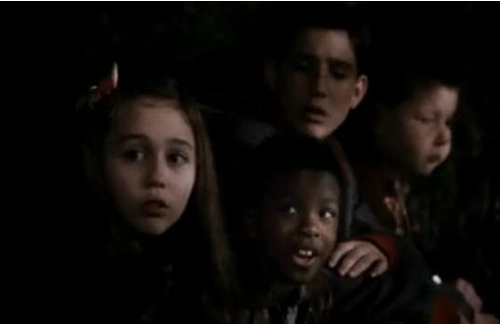 |
| Miley Cyrus in Big Fish! |
A theme that is constantly on my mind when writing about this is parenting. I am fully cognizant that children often rebel from their parents, but Billy Ray Cyrus, Miley's father, a family man and a celebrity, must have known what he was getting his daughter into at such a young age. And who knows but what effect the divorce of Miley's parents in 2010 had on her?

 |
Dakota Fanning
Started work when she was 7 in the movie I Am Sam and has had a very steady career ever since. Fanning was involved with several films as a child including War of the Worlds, Man on Fire and Coraline, but unlike many of her predecessors, her fame hasn't seemed to dip as she ages into adulthood. As far as can be seen, she seems to have made it through the years where others have cracked without doing so herself.
Freddie Highmore
Great little actor who wowed audiences with exceptional performances in Finding Neverland and August Rush (his amazing guitar skills!). In spite of beginning as early as 7, he too appears to have a good head on his shoulders and continues acting without attracting much attention to his personal life.
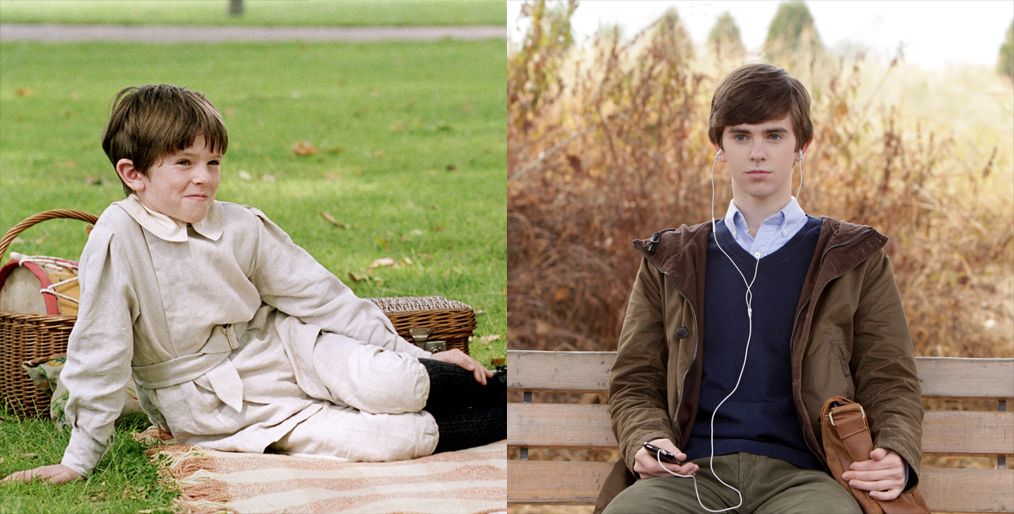 |
Coming closer to the modern day we see perhaps an even greater dichotomy than ever before between the apparent normalcy of some child stars against the blaring strident living of others. What makes the difference between one child and another? How could two children have such vastly different reactions to approximately the same stimuli?
The best answer I can come up with is parenting. If the parent's goal is for the child to express themselves while continuing to understand their role as an individual in a family and a society, just like any other child, then the child is more predisposed for level-headedness when their fame bubble either grows very large or pops. However, if the parent's motives include self-glorification, monetary gain or absenteeism, then then child will be more prone to receive life instruction from outside sources such as producers, tabloids and obsessive fans, all of whom see the child, not as a person, but as a paycheck.
Now, the tie-in for you.
Whether or not you are a parent, whatever your relation is to the next generation; what is your responsibility?
Do you encourage their creativity without forcing your will on theirs?
Do you listen them or do they just listen to you?
Do you put their well-being before your own?
Do you sometimes deny them immediate gratification so that they can be happy in the long run?
Do you see them as the treasures that they are?
I'm not a parent, just an uncle. But since doing the research for this blog, I've wanted to be a better uncle, more compassionate and less absorbed in my own life. I hope you can take some time as well to reevaluate how you treat the rising generation and resolve to be a better father, mother, uncle, aunt, old-cousin, adoptive balloon-housed grandpa, inspiring school teacher, philosopher, what have you.
Honorable mentions: (many of whom turned out pretty ok)
 |
| Corey Feldman |
 |
| Amanda Bynes |
 |
| Salena Gomez- Barney |
 |
| Joseph Gordon-Levitt- Family Ties |
 |
| Neil Patrick Harris |
| Joshua Jackson- D2 |
 |
| Scarlett Johansson |
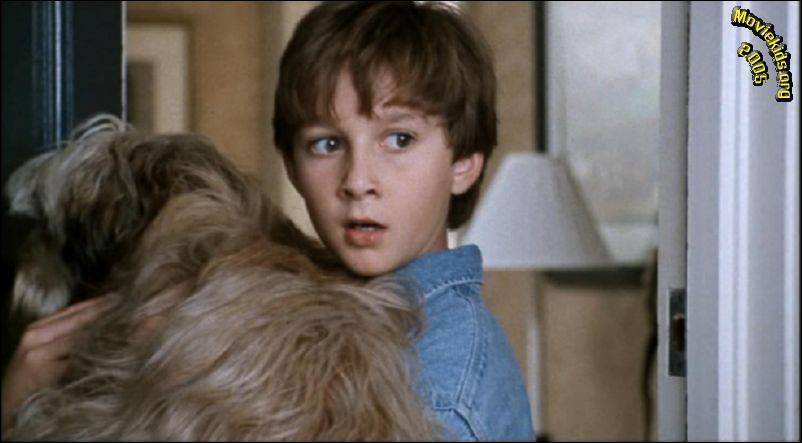 |
| Shia LaBeouf |
 |
| Matthew Lawrence |
 |
| Lindsay Lohan |
| Frankie Muniz |
 |
| Natalie Portman |
 |
| Raven-Symone- The Cosby Show |
 |
| Christina Ricci |
 |
| Fred Savage |
 |
| JTT |
 |
| Mae Whitman- Independence Day |
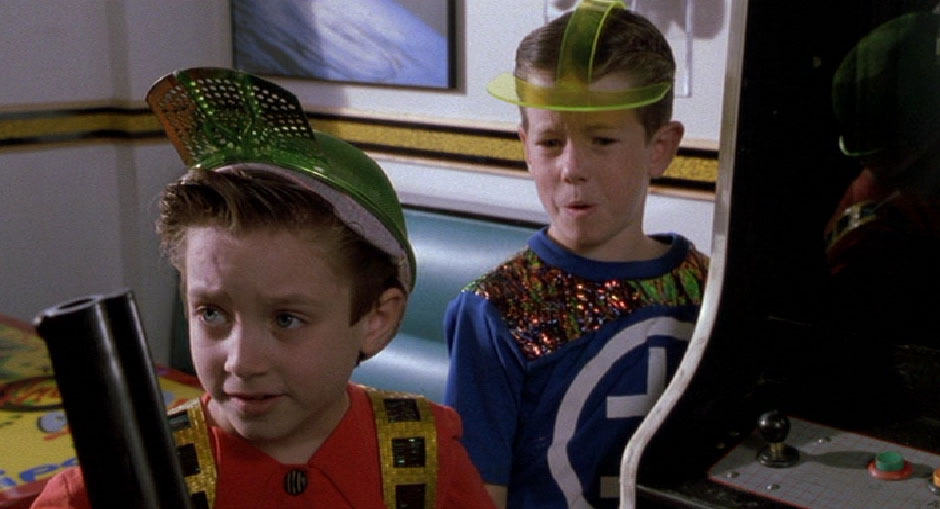 |
| Elijah Wood- Back to the Future 2 |




